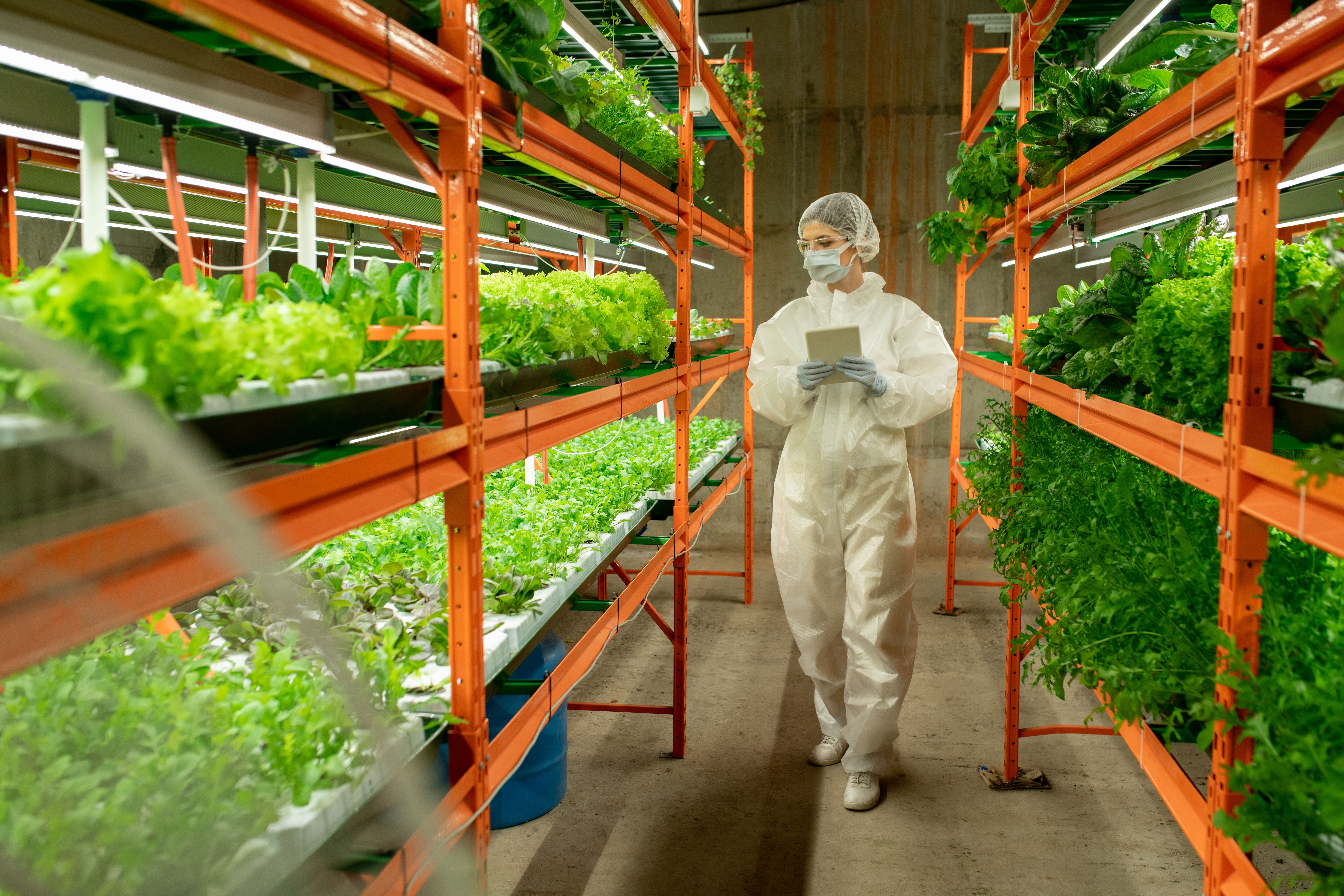



The Scope of Safe Labor Practices
Choosing suppliers that align with your lab’s environmental and labor standards
Labscoop is helping labs gain greater access to trusted suppliers that are following good labor and environmental practices. Utilizing an in-depth supplier vetting process along with attention to detail in the supplier onboarding and relationship building process, labs can have confidence in their shopping experience and the products they use every day. This vetting process encompasses a supplier's entire business model, including labor practices and product sourcing. It also showcases specific indications for certifications such as ISO, country of origin, and other quality certifications.
This level of care has a positive impact at multiple levels by ensuring meaningful access to buyers. Two areas of focus are sustainability and ethical labor practices. Sustainability measures Labscoop actively looks for include embracing a proactive approach to waste production and active participation in local and global green initiatives. Ethical labor practices monitored for include adherence to animal welfare, modern day slavery statements, and commitment to the UN's Sustainable Development Goals recognized around the globe.
Sustainability Practices
Labscoop's suppliers come from a variety of backgrounds, and sustainable practices can be seen throughout the mix. An approach taken by chemical companies may come in the form of credit for the return of certain bottles and cylinders. This doubles to incentivize labs while reducing overall waste, creating new participants in waste reduction efforts. Antibody producers dealing in any variety of plant science may give back by supporting plant societies. These societies exist to establish groups of plant labs working to further plant research and publishing findings for the greater scientific community.
Another sustainability measure is in the facilities used by Labscoop suppliers. A warehouse hosts many opportunities to contribute to green practices while simultaneously creating a safer work environment. Green measures some suppliers have incorporated in their warehouses are as simple as recycling aluminum and using high efficiency light bulbs and heating/air conditioning systems. These measures also delve into energy savings complexity with reflective roofs, skylights to bring natural light into work spaces, and reflective film and awnings on windows with greater sun exposure.
Ethical Labor Practices
Labscoop's commitment to an ethical supply chain goes beyond sustainability to include labor ethics for people and animals. This is why a focus on accreditations in this area garners demarcation in the product marketplace. Animal welfare accreditations obtained by Labscoop suppliers include AAALAC certification, ISIA serum traceability, and USDA APHIS Animal Care. Workplace safety initiatives pursued by suppliers include Vision 0 workplaces and COVID-19 workplace safety measures, both with a focus on team member safety first.
An important facet of labor ethics that is gaining traction among suppliers is commitment to share their statements on modern day slavery. These statements assert that entities will monitor for and work to eradicate forced labor at any level, whether domestic or international and for people of every age. These commitments frequently include language regarding enforcement at various levels of the organization, often implementing a "see something, say something" attitude toward activity that appears to be out of line with this ideology.
Tying it All Together
A global initiative that suppliers can and have opted into is the UN Sustainable Development Goals (SDGs). This set of goals provides a framework for ethical business models, promoting welfare for people and planet alike. Especially pertinent goals being pursued by our suppliers include Good Health and Wellbeing, Gender Equality, Responsible Consumption and Production, and Climate Action. These goals exist together to help companies to develop directives and actions which hold them accountable as they grow and navigate an ever-changing world. Learn more about the 17 SDGs here.
